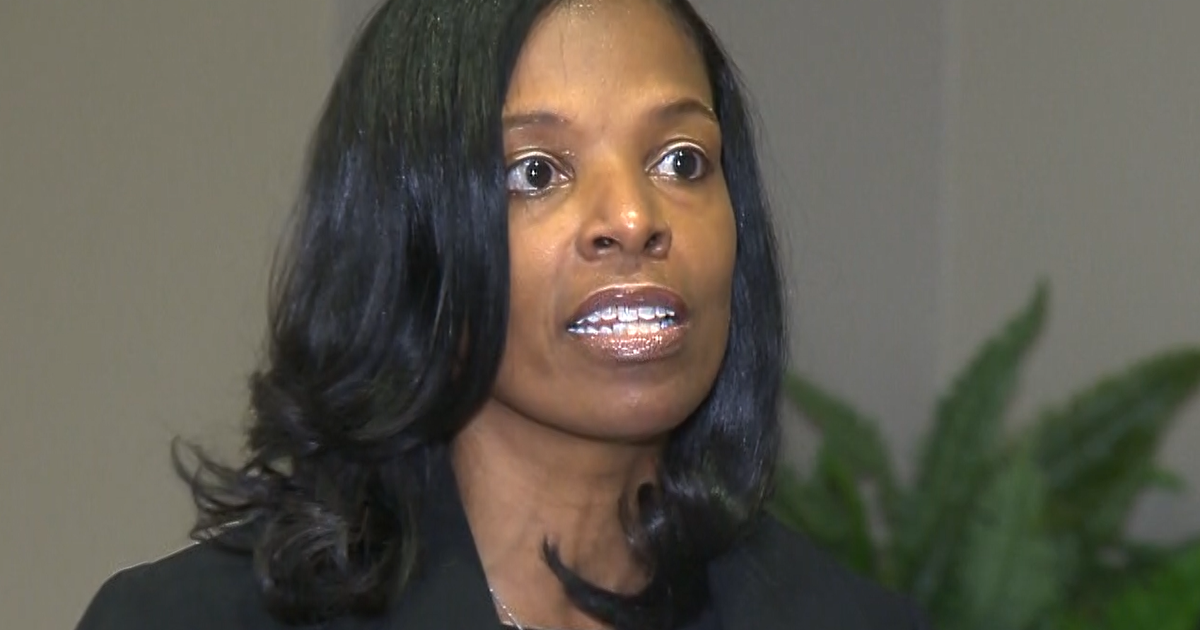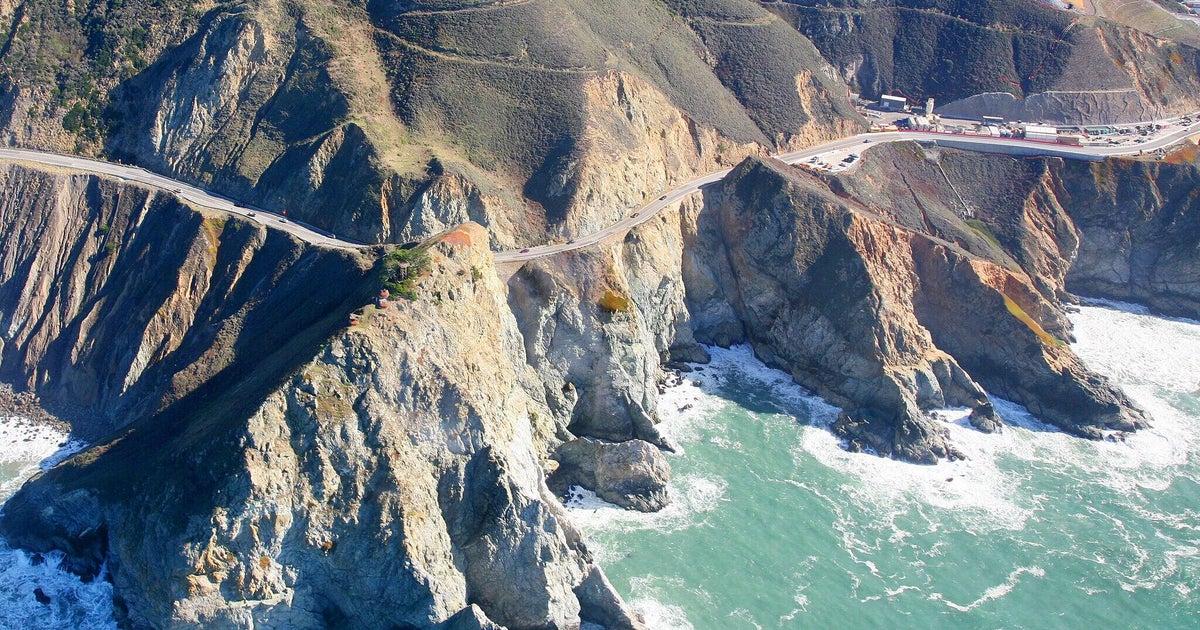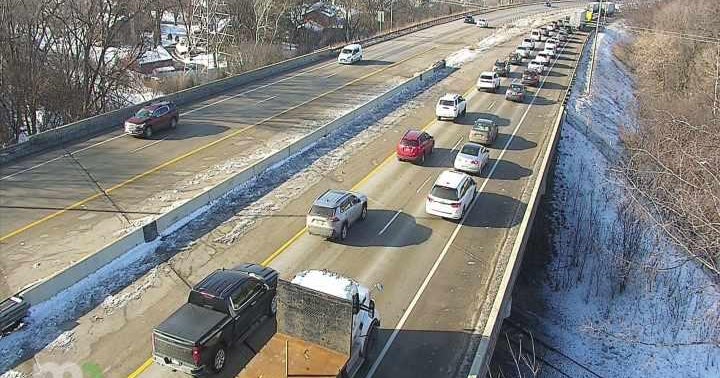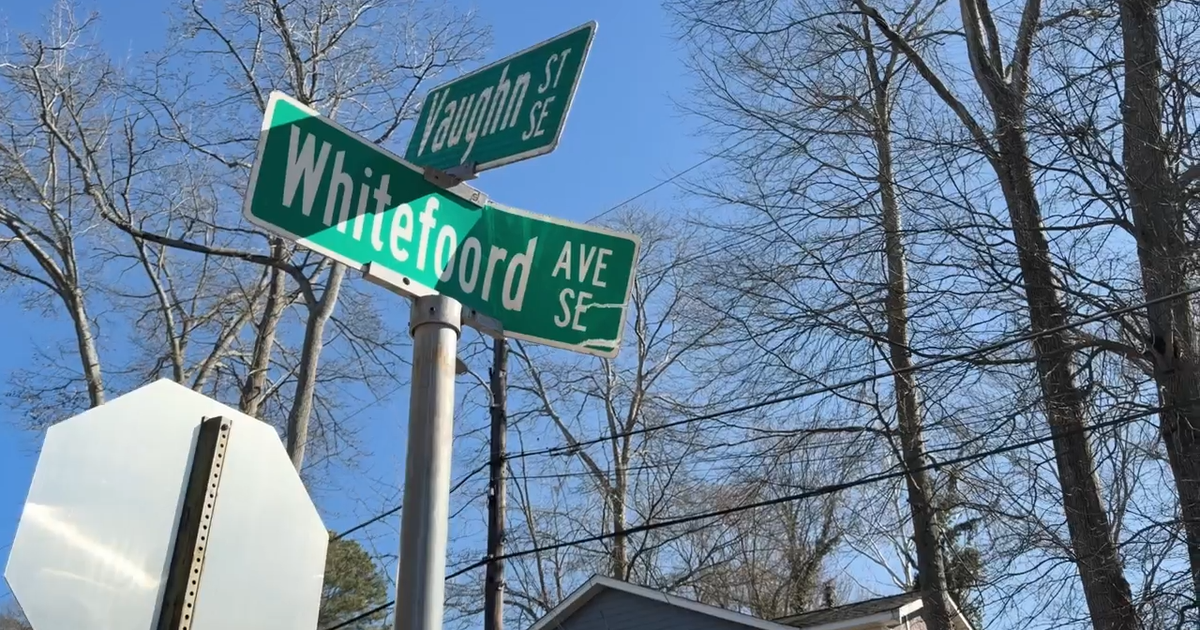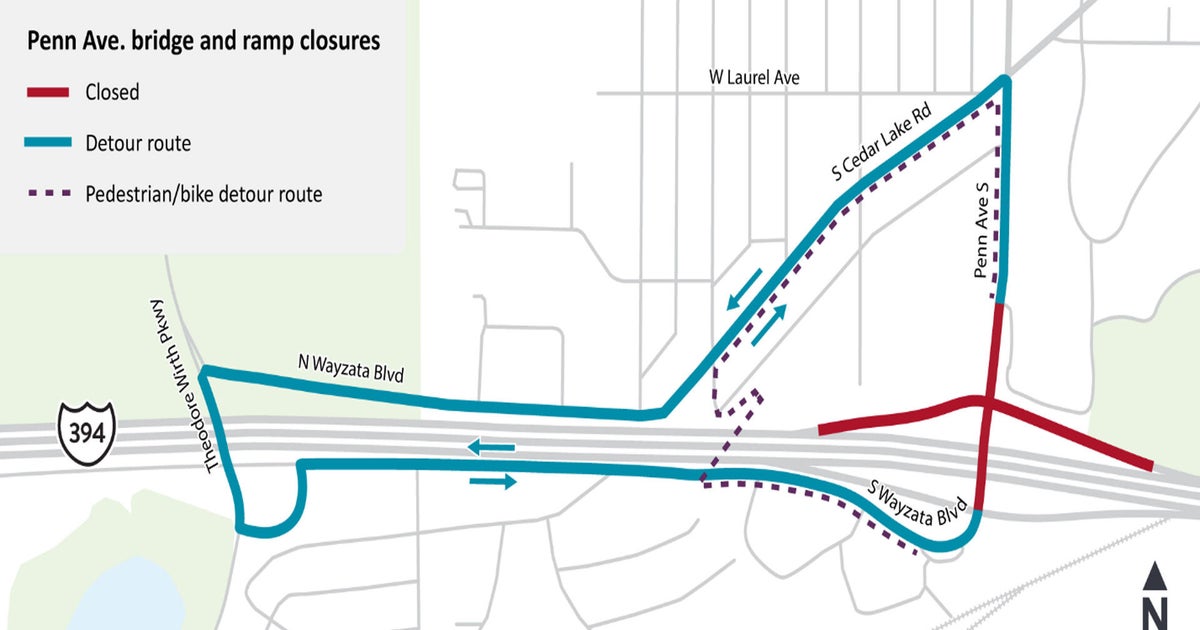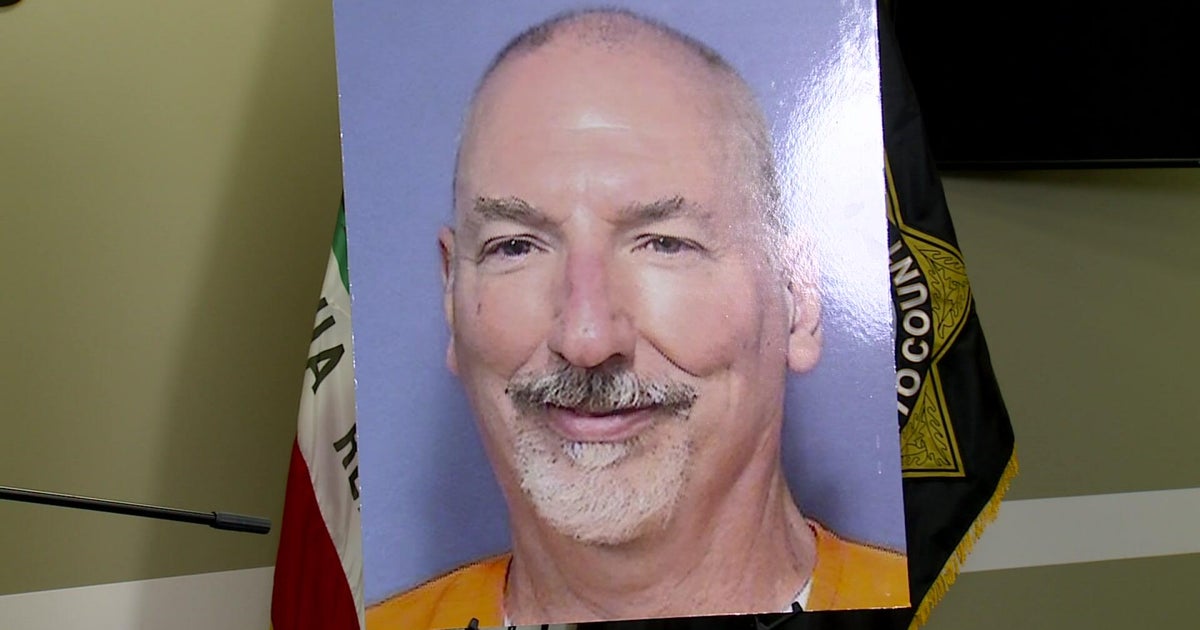Baltimore's notorious "Highway to Nowhere" could soon be history
BALTIMORE — Federal and state officials Monday announced the start of a two-year study to close the "Highway to Nowhere" and replace it with a community-led option that reconnects neighborhoods in West Baltimore.
Minister Glenn Smith remembers a "thriving community" before his family was forced to move in 1969.
"Now, you see vacant houses, high unemployment, crime. I often fashion it to taking a heart out of a body—the extremities dry up and die. That's what happened to this community," Minister Smith said.
The "Highway to Nowhere," a 1.39-mile stretch of U.S. 40 was built in the 1970s and originally intended to connect I-70 to I-95 and I-83. That project was stopped, but not until after the road severed several West Baltimore neighborhoods.
"Where we stand was once a connected, thriving community that has been separated for decades now as a result of this monstrosity," Rep. Kweisi Mfume said.
Rep Mfume said he wants to see the site filled and replaced with parks, recreation, entertainment options, and bike lanes.
Officials celebrated the city securing a $2 million Department of Transportation grant to study what to do with the project. The study is expected to take two years.
"The 'Highway to Nowhere' is Exhibit A—Exhibit A—in everything that went wrong when it came to dividing communities," Sen. Chris Van Hollen said. "Although the construction was ultimately halted, which is why we call it the 'Highway to Nowhere,' the damage was done."
Officials would not commit to any particular budgets on replacement project options. But, Minister Smith points to the Red Line train project being halted by then-Governor Hogan as a reason officials need to act with urgency.
"Let's get that study done. Let's get this shovel in the ground before this administration changes," Minister Smith said.
Minister Smith is part of the Reconnecting Communities in West Baltimore Coalition, which hopes to play a part in reimagining the highway site.
It will meet Saturday, April 29 at 2 p.m. at 429 N. Eutaw Street, Suite 2N.
To learn more about the City's plans and read their grant proposal, click here.

